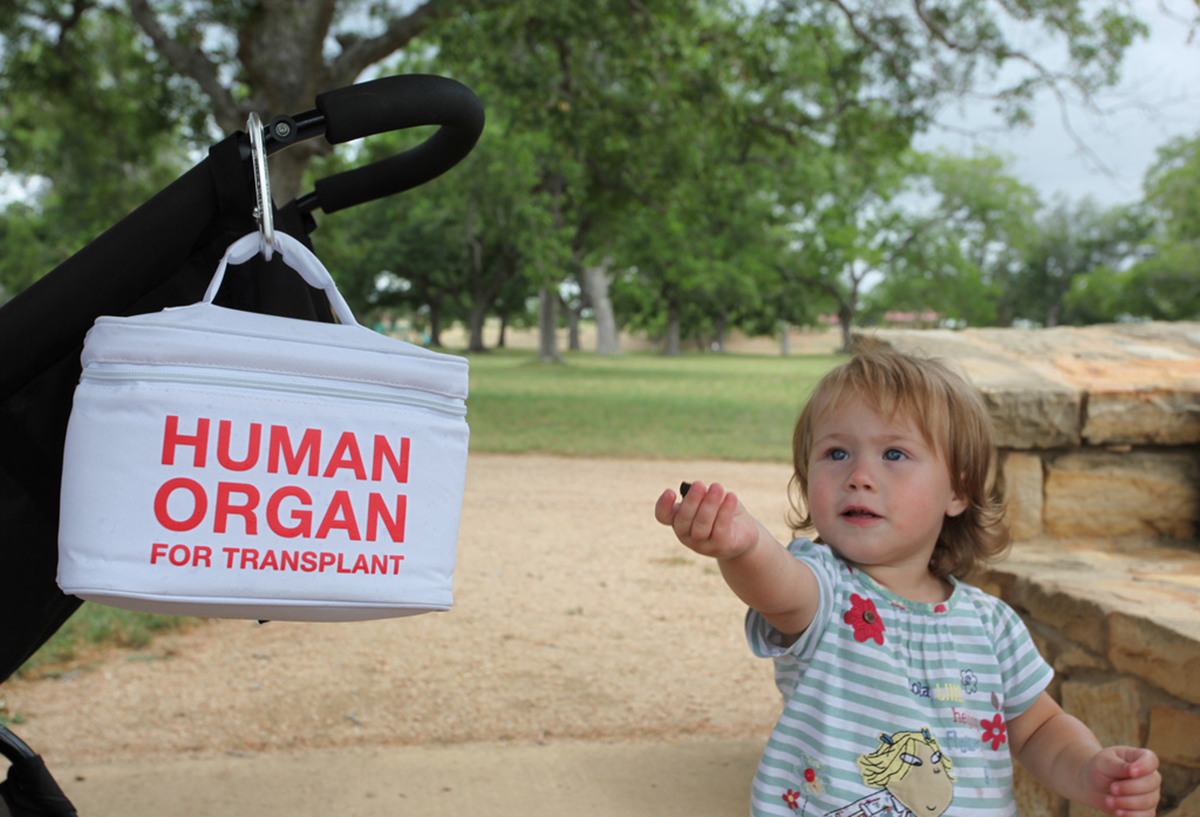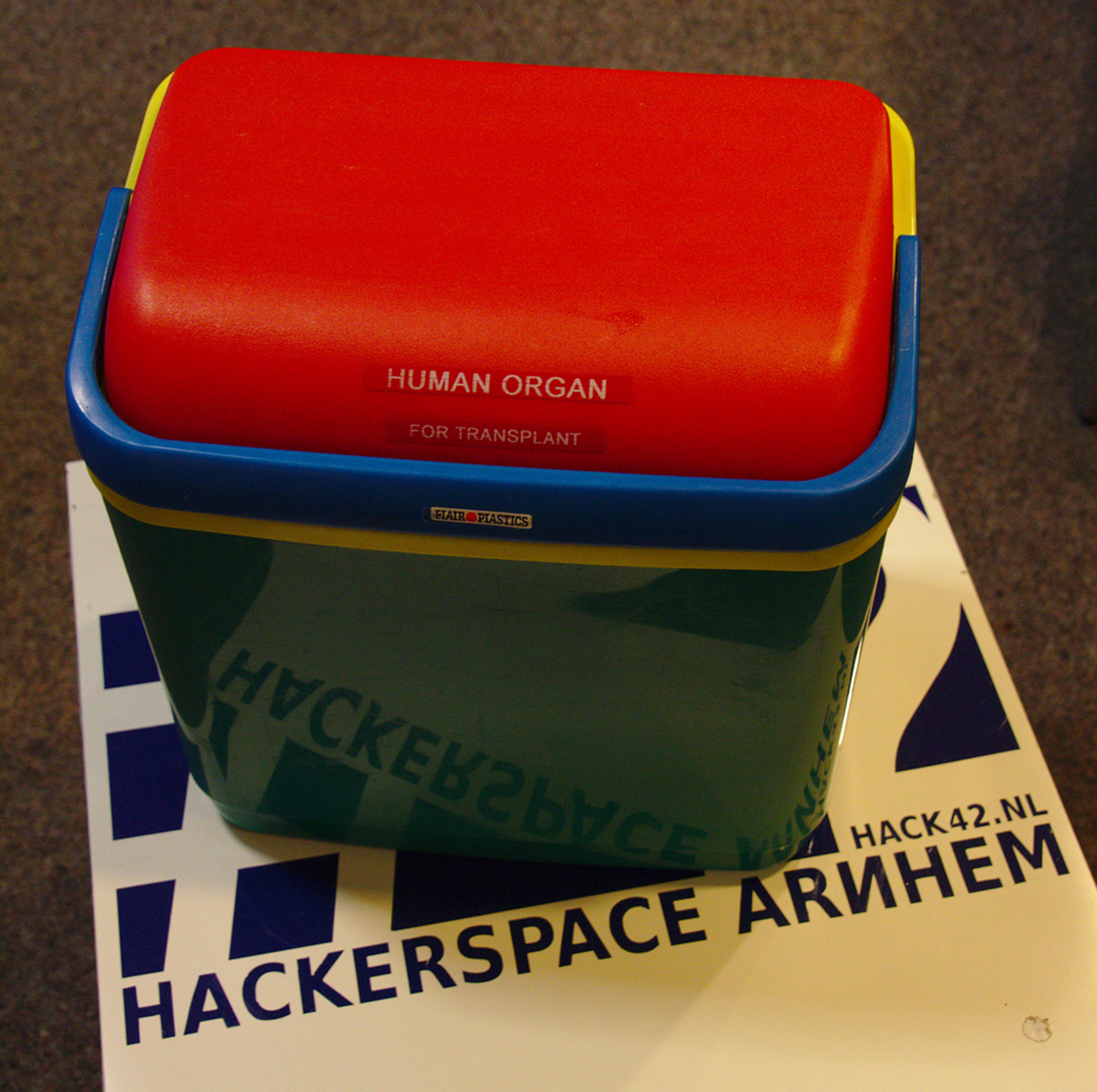In order for organ donation to occur there are many necessary steps. It requires healthy organs to be taken from one person and transplanted into another. According to the experts, the organs from one donor can save or help as many as fifty people. The organs that can be donated include; heart, liver, kidneys, pancreas, intestines, lungs, skin, bone marrow, bones and corneas.

Who Can Donate Organs?
Most often organ and tissue donation takes place after someone has died, but some organs and tissue donations can take place from a living donor. People of all ages and backgrounds can be an organ donor, but if the individual is under the age of 18, a parent or guardian must grant permission. People who are over the age of 18 can be an organ donor by signing a card or the back of their driver’s license.
Today, more people than ever before are in need of organ donation and yet, there are not enough deceased donor organs available. An organ that is harvested from an individual that recently died is called a deceased donor organ.
Pediatric Organ Donation In The UK
Recently, doctors in the United Kingdom performed the first ever organ transplant from a newborn. In the procedure which was described as a milestone in infant/neonatal care, a six day old infant girl’s kidneys and liver cells were transplanted into two separate recipients after her heart quit beating.
There was no identifying information disclosed about the infant or her family due to privacy laws. Writing in the journal of Fetal & Neonatal Edition of Archives of Disease in Childhood, doctors did note the infant was born with serious health complications and that her brain had been starved from oxygen before birth, leaving her with profound brain damage.
See Also: Organ Donation And Transplantation: A Few Facts On The Matter
In spite of newborn organ donations being performed in Germany, Australia and the US, physicians say management of the diagnosis of newborn death in the United Kingdom could be what hampers the process. Namely, physicians in the United Kingdom are not allowed to declare a baby under the age of two months old as brain dead. The Royal College of Paediatrics and Child Health is to review this criteria and report the findings back to the governing body in March of 2015.
Pediatric Organ Donation in the United States
In a first-time study to look at the potential for organ donation from dying infants in the intensive care unit; researchers from Harvard, Brigham and Women’s Hospital, Children’s Hospital Boston and Beth Israel Deaconess Medical Center demonstrated that approximately 8 percent of NICU deaths could be eligible for organ donation following a cardiac death.

The reason behind the study, according to Dr Richard Parad, was due to the inability to act on direct requests from the parents who are faced with the loss of their child and wanting the child to be an organ donor. Dr. Parad explained that some parents want their baby to donate organs to help ensure that at least one positive thing comes from their tragic loss.
Currently, according to pediatric organ donation/transplant criteria, infants and young children in need of an organ can only get one from an older child, or receive part of an organ from a living adult donor. Additionally, there is a challenge in making a larger organ fit into a smaller infant body.
Researchers who conducted the study looked at all infant deaths for three medical units between 2005 and 2007. They were able to determine that eligible donors based on criteria developed with the help of transplantation surgeons from the New England Organ Bank. Out of 192 deaths, based on the time of death after the infant was removed from life support, researchers found that 18 kidneys, 14 livers, and 10 hearts could have been made available for transplant but were not.
It is important to further investigate the potential of using the organs of NICU infants and it is owed to the families who request organ donation to be a part of the conversation by investigating the potential donor population size.
Conclusion
Pediatric organ donation and organ transplantation can and does have a very significant impact on the life of the recipient, as well as the family. Pediatricians must become better familiarized with the evolving national strategies involving organ Procurement and transplantation to help the family grasp its benefits and to reshape public policies that will aid in the effort to provide a system that is fair and equitable to adults and children.
According to the Journal of Pediatrics, the role of organ Procurement organizations must be fully supported in order to ensure the family is approached in a systematic method by people highly trained in the psychological, social and medical aspects of organ donation. It’s been statistically proven that the rate of families who would elect organ donation following the death of a child could be increased past the national average of 40 percent to approximately 70 percent by using hospital or organ Procurement organization staff, and by demystifying the death notification and organ consent processes.
See Also: Ovarian Transplantation: Pioneer in Ovarian Transplant Gives Birth to Her Second Child
Dealing with the loss of a child is devastating on a family, but knowing that his or her organs could possibly be used to save the lives of other children has helped many families make the loss a more positive experience. Because the death of a child is not often foreseen, many families have not thought about the possibility of organ donation. Pediatricians, child advocacy groups and other child care institutions can help to increase awareness of the need for pediatric organ donation and help to educate families about all the good that can come from it.
- www.nlm.nih.gov/medlineplus/organdonation.html
- www.transplantliving.org/living-donation/being-a-living-donor/risks/
- phys.org/news/2011-01-potential-infant-donation.html
- www.myast.org/sites/default/files/pdfs/who_can_donate.pdf
- http://www.bbc.com/news/health-30878890Photo courtesy of Dvanzuijlekom via Flickr: www.flickr.com/photos/dvanzuijlekom/10145002613
- Photo courtesy of Lars Plougmann via Flickr: www.flickr.com/photos/criminalintent/8063666227


Your thoughts on this